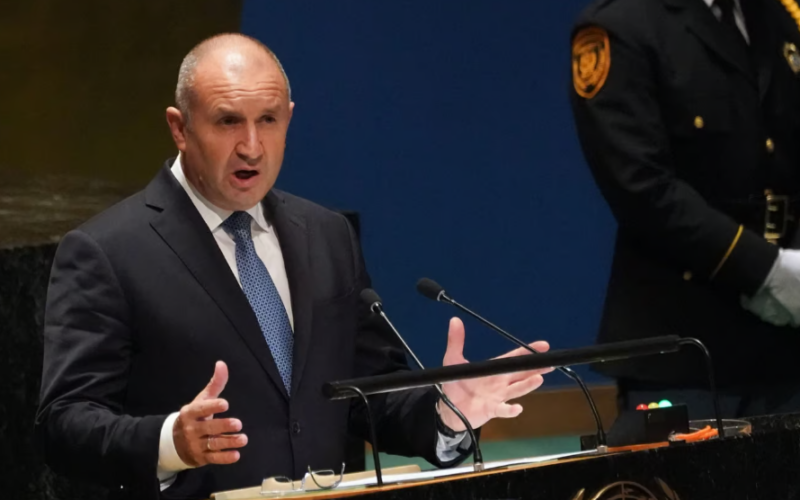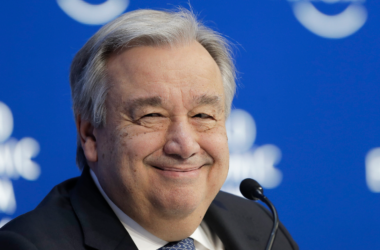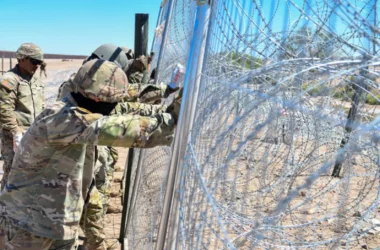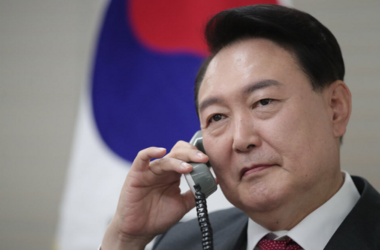Bulgaria’s ongoing political turmoil took a sharp turn on Monday as President Rumen Radev refused to appoint a caretaker government, leading to the indefinite postponement of the parliamentary elections that were originally scheduled for October 20. This decision intensifies the political deadlock that has gripped the country for the past three years, a period during which no stable government has been formed despite six national elections.
At the heart of the crisis is the contentious nomination of Kalin Stoyanov to continue as interior minister. Stoyanov, a controversial figure criticized for his handling of police violence during protests, is seen by President Radev and the opposition as closely linked to Delyan Peevski, a powerful Bulgarian oligarch who has been sanctioned by the U.S. and U.K. for corruption. Radev made it clear that with Stoyanov in such a key position, it would be impossible to ensure fair and peaceful elections.
The president’s refusal to move forward with the caretaker government, which was to be led by Gorica Grancharova-Kozhareva, stems from her insistence on retaining Stoyanov as interior minister. Radev, asserting his constitutional authority, stated that the current caretaker government will continue in its role until a new one is formed, further delaying the electoral process.
This political impasse reflects deeper issues in Bulgaria, where corruption and the influence of oligarchs like Peevski have long plagued the political landscape. The ongoing struggle between reformist forces and entrenched interests highlights the challenges of governance in a nation where political stability has been elusive.
The situation has drawn criticism from various quarters. Former Prime Minister Kiril Petkov accused Stoyanov of being a puppet of Peevski, while opposition figures condemned the crackdown on dissent, such as the recent shutdown of a satirical website critical of Peevski. These developments underscore the complex and fraught nature of Bulgaria’s political environment, where power struggles and accusations of corruption continue to hinder the path to a stable government.
As Bulgaria remains in a state of uncertainty, the question of when—or if—a stable government can be formed looms large, with the postponed elections adding yet another layer of complexity to the country’s political crisis.








